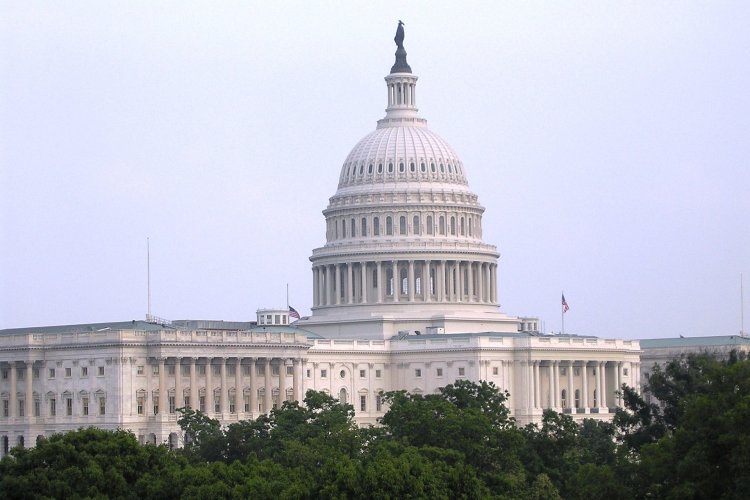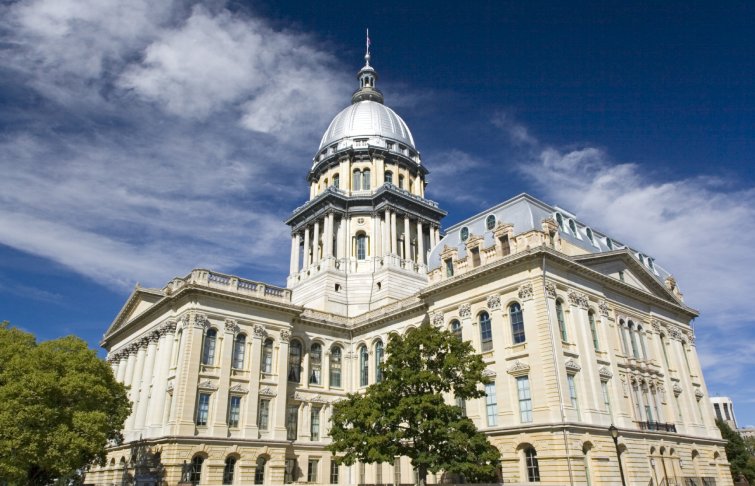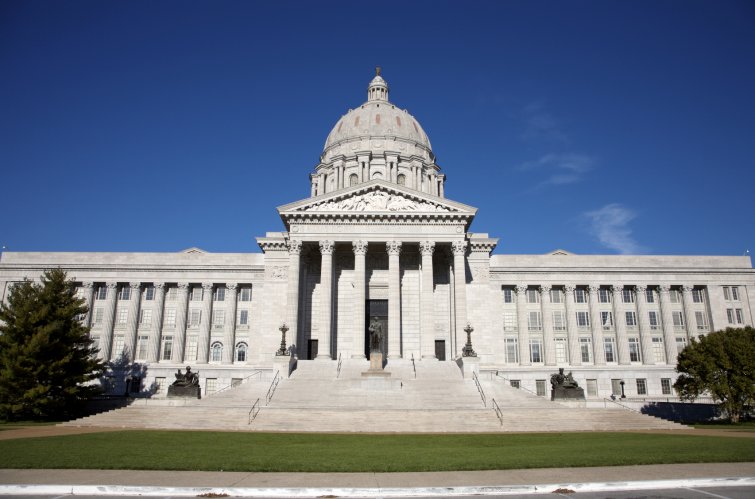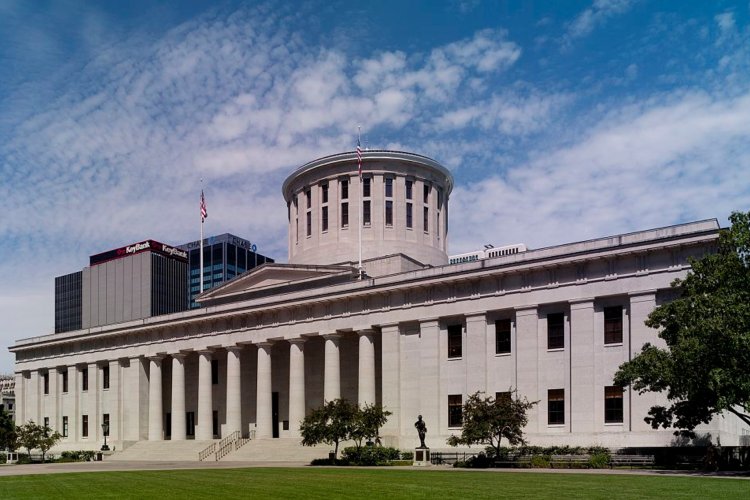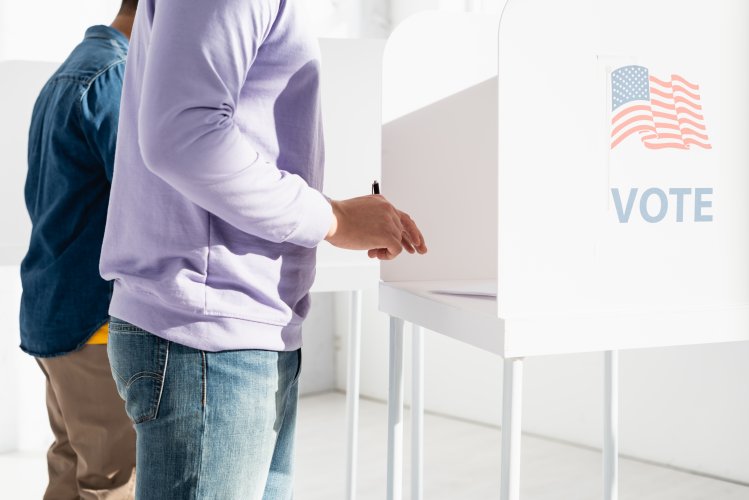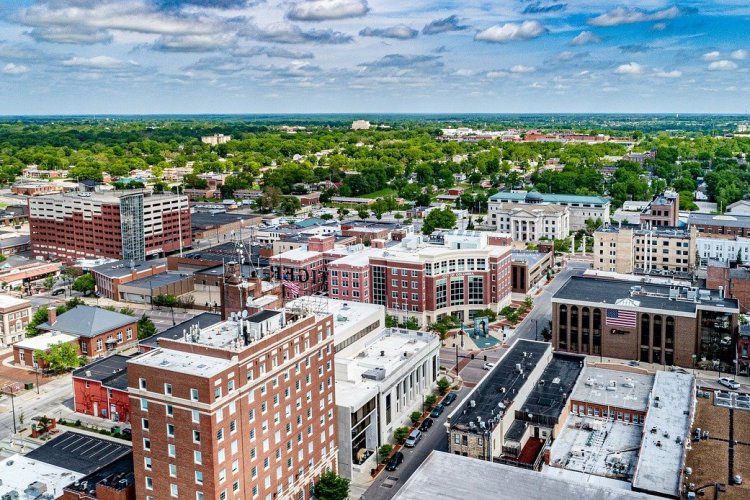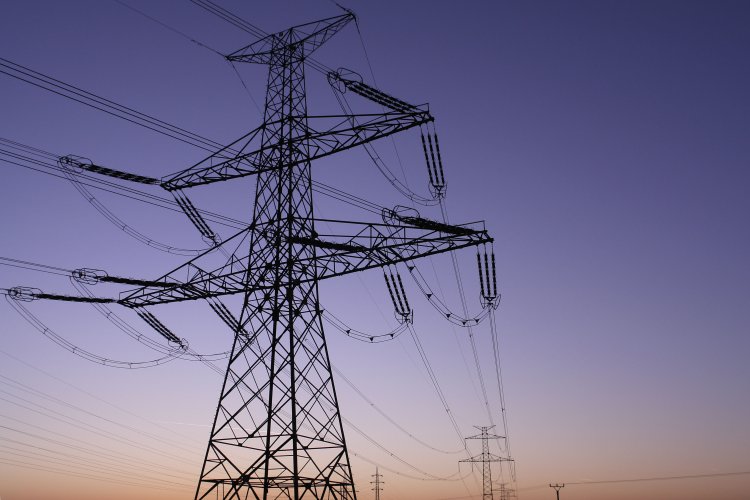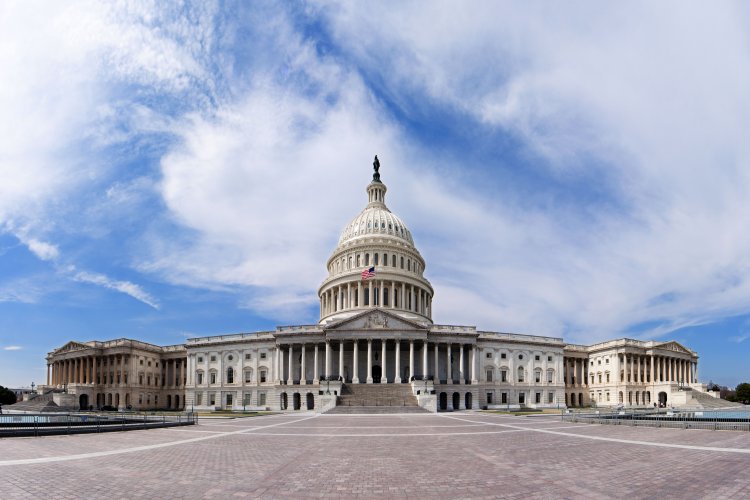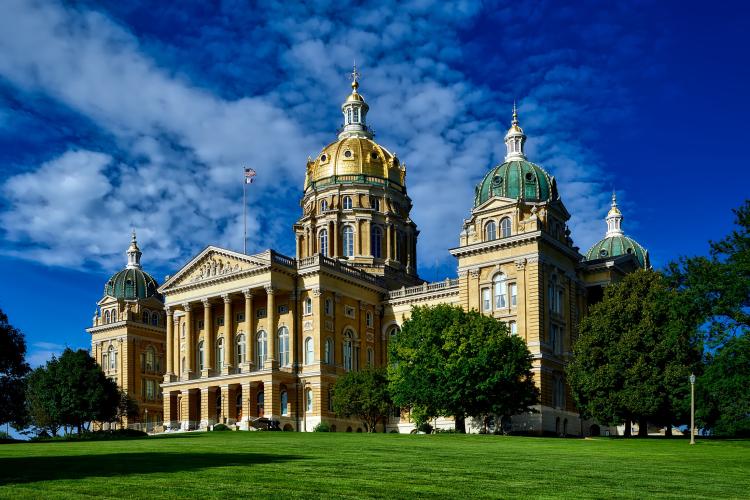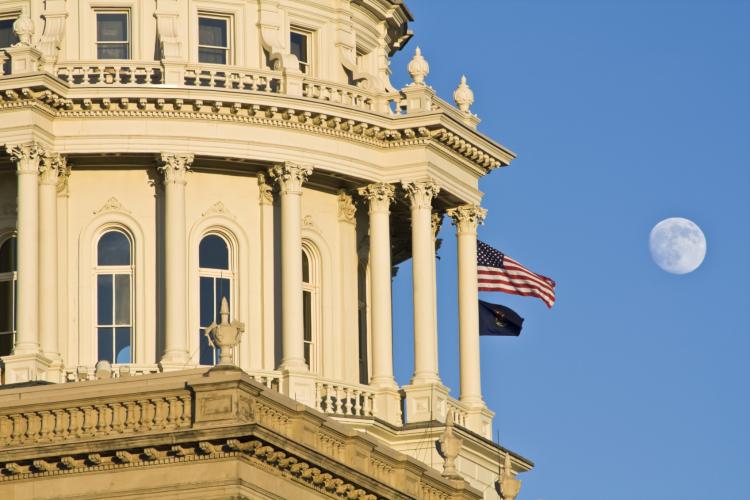Three Federal Energy Programs That Save You Money—And What We Risk Losing
Recently, there have been several actions and rumored future actions at the federal level that risk increasing customer energy bills and making energy less affordable in the future. Let’s talk about three federal programs that save consumers energy and money, the impact of potentially losing these programs, and what we might be able to do about it.
